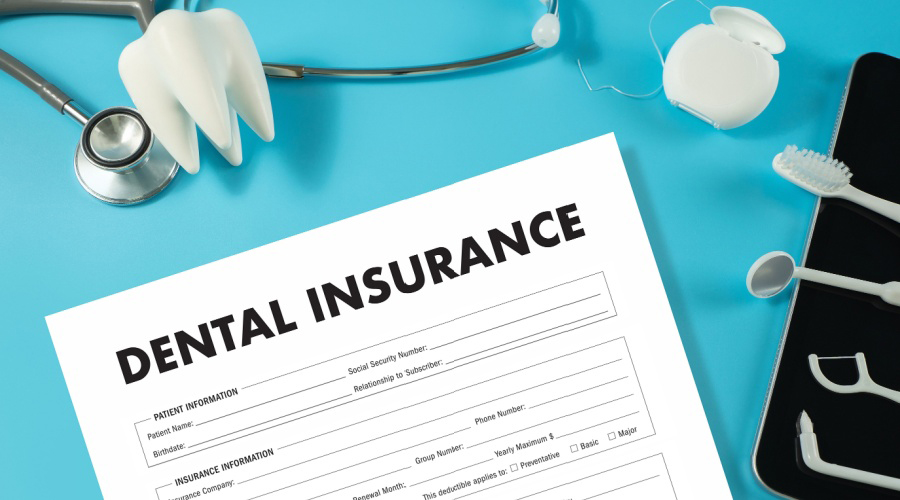We think of Summer as a time to let loose and relax. A time for vacations or just an opportunity to lounge around the back yard with a cold drink. However, Summer brings its own set of challenges that can cause some distress if you’re not careful. Here are some of the top health concerns to watch out for.
Heat Exhaustion & Heat Stroke
Heat exhaustion can sneak up on you when the temperatures rise and you’re busy with activities indoors or outdoors. Symptoms include increased pulse, dizziness, fatigue, muscle cramps, nausea and headache. When not treated, heat exhaustion can lead to heatstroke, a more severe condition that requires immediate medical attention. Without care, heatstroke can cause damage to vital organs and muscles and can even be fatal.
If you notice the symptoms of heat exhaustion, seek ways to cool off like getting in shade and drinking cold water. Cease any physical activities…your body needs rest and hydration.
You should also take the following precautions on hot days to reduce your risk of heat-related illnesses:
- Watch children, older adults and anyone who is not not used to high temperatures. They are more at risk for heat-related illnesses.
- Try to conduct outdoor physical activities in the mornings or evenings, when the weather is coolest. Avoid high-intensity activities like exercise or sports during the hottest parts of the day.
- Wear lightweight and moisture-wicking clothing that allows to help keep you cool.
Sunburns
Almost all of us have had a sunburn at some point. Too many of us have had more than we can remember. Sunburns, especially multiple sunburns, can lead to serious long-term consequences (think skin cancer).
It’s not hard to protect your skin from the sun:
- Apply sunscreen that blocks UVB and UVA rays. Remember to apply sunscreen even on cloudy days as UV rays do penetrate the cloud cover.
- Avoid sun exposure when the sun is hottest and directly over you at midday when possible. Stay indoors or in the shade if you can.
- Avoid taking long naps outside unless shaded. Falling asleep under the sun is a sure way to a bad burn!
- Wear clothing such as hats or long-sleeve cover-ups when you’re in full sun.
Dehydration
It’s easy to become dehydrated in hot and humid weather, even if you think that you’re drinking enough fluids.
Symptoms of dehydration can differ with age. For example, a young child or infant who is dehydrated won’t shed tears while crying and may have sunken eyes or a dry mouth. Dehydrated adults will feel fatigued and thirsty. Dizziness and confusion are also possible symptoms. Darker-colored urine is a common sign that you’re not drinking enough water.
The nice thing about dehydration is that the solution here is simple: keep water nearby and drink it often. This is especially important if you’re being active or drinking alcohol or soda, both of which can dehydrate you faster if you’re not also drinking water. You can also eat foods with high water content, such as watermelon and pineapple.
Swimming Hazards
Water-related accidents are another feature of Summer that will rear its ugly head if you’re not careful. In the ocean, rip currents and rough waves can catch swimmers off guard and lead to drowning. Swimming pools are safer, but accidents can still happen if swimmers are careless or children are left unattended, even for short periods of time
Stay safe on the beach by sticking to areas where lifeguards are present and watch for any warning flags or alerts about the weather or the water conditions. When using a swimming pool, avoid running near the edge of the pool, where you could potentially slip. Ensure kids are playing safe and are always supervised. Keep in mind that drinking alcohol near the pool increases the risk of accidental injury.
Food Poisoning
Picnics at the local park or beach are one of the best things about this time of year. Be careful with Grandma’s special potato salad, though! Hot weather can affect the food that you’re bringing. If certain foods such as meat and dairy products are left unrefrigerated for too long, you can expect a long night of discomfort or even a trip to the emergency room.
To limit the possibility of food poisoning from bacterial growth:
- Throw away perishable food that was left at room temperature for more than a couple of hours.
- Pack perishable food in a cooler along with ice.
- Use a meat thermometer to ensure any grilled meat is at a safe temperature.
Symptoms of food poisoning include nausea, vomiting or diarrhea. You won’t feel like eating or drinking anything for a while but you’ll want to drink clear fluids to avoid dehydration. As your symptoms fade, try eating bland food, such as toast. If the symptoms don’t subside or get worse, seek medical attention as some food-borne diseases can be very serious.
Summer Is A Great Time To Review Your Plan!
Savers Health represents a multitude of health insurance plans for individuals and families. Make sure you have the best fit for you and your family. Let’s discuss your specific needs and budget considerations so we can find a great plan just for you!
Contact one of our licensed representative at 336.831.9121 or via email at info@saversmarketing.com. Call us today!





